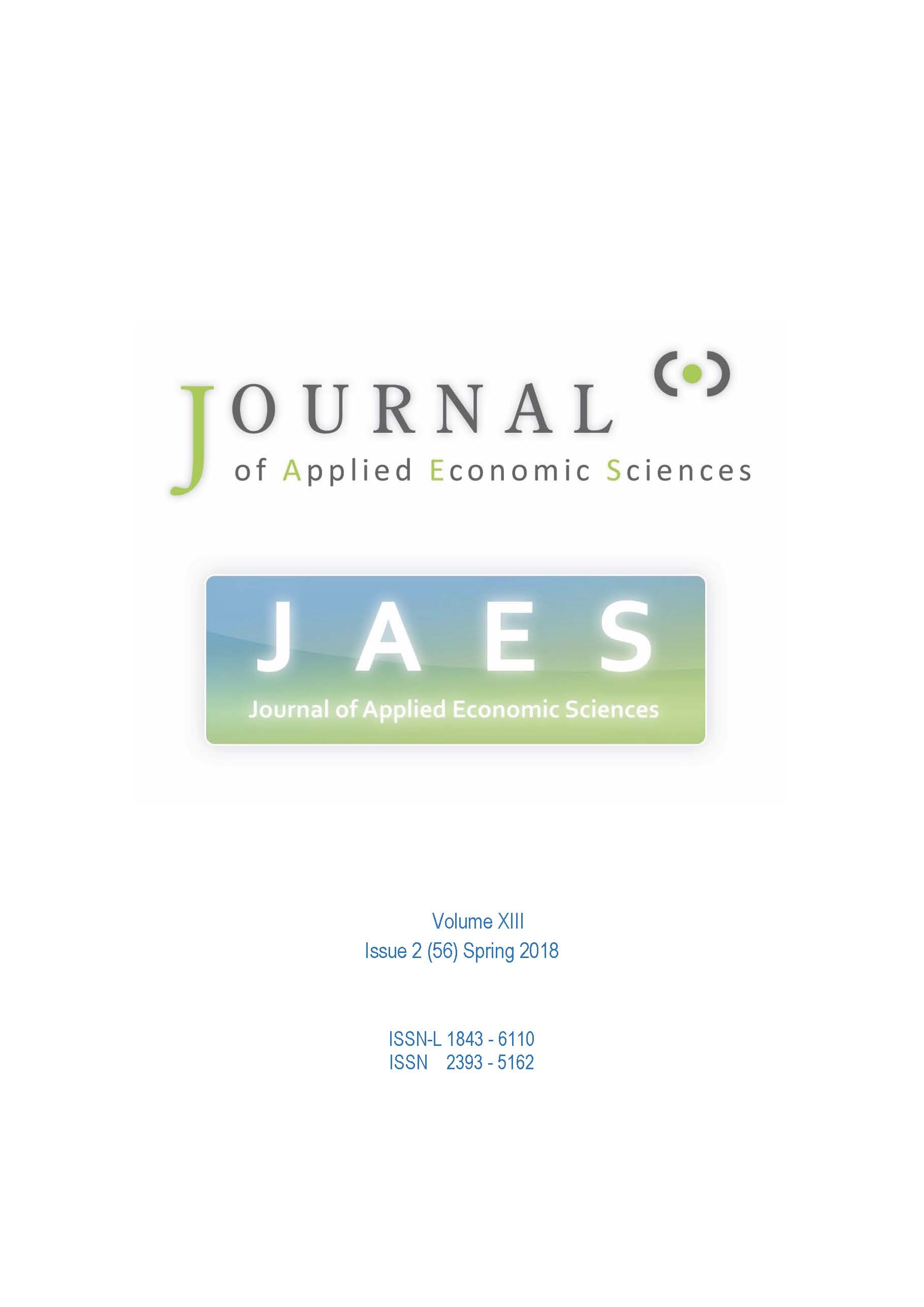Corruption and Innovation: Mixed Evidences on Bidirectional Causality
Corruption and Innovation: Mixed Evidences on Bidirectional Causality
Author(s): Muhammad Faraz RIAZ, Nataliia І. CHERKAS, João LeitãoSubject(s): Economy, Business Economy / Management, Business Ethics
Published by: Reprograph
Keywords: corruption; innovation; panel causality; European countries;
Summary/Abstract: This study is an attempt to address the causality direction between corruption and innovation. In the empirical approach a panel data for 21 European countries in the 2006-2016 period is used. In order to investigate if the causality is context dependent, four different subsamples are considered, namely, Continental countries, Nordic countries, PIIGS and V-4 countries. Using Granger causality test for panel data we find that in whole sample, corruption causes in a Grangerian sense the innovation, while innovation does not cause a la Granger corruption. In the case of Continental and V-4 countries no evidence of causality in both directions is found. In Nordic countries corruption does not cause a la Granger the innovation, albeit innovation causes corruption in a Grangerian sense. In the case of PIIGS countries, empirical evidence reveals bidirectional causality. The empirical findings now obtained are particularly important for unveiling that both in contexts of stronger and weaker institutions innovation precedes corruption, so there is an open room for smart regulation aiming, on the one hand, to prevent ‘innovation trolls’ in established institutions, and on the other hand, to foster transparency and accountability of institutions.
Journal: Journal of Applied Economic Sciences (JAES)
- Issue Year: XIII/2018
- Issue No: 56
- Page Range: 378-384
- Page Count: 7
- Language: English

